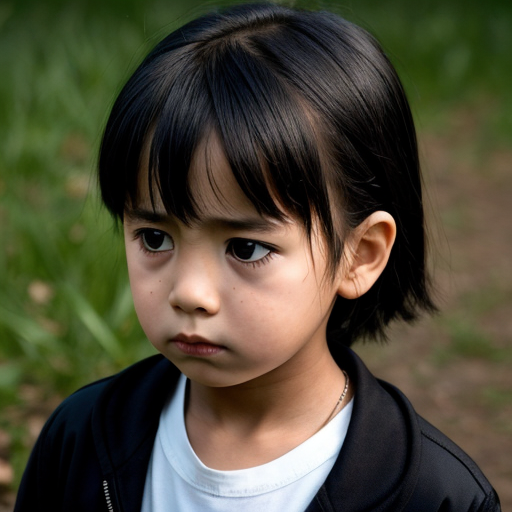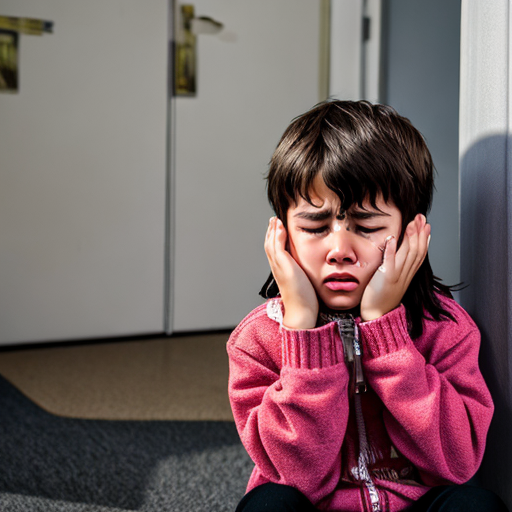Photo: What are Adverse Childhood Experiences? https://www.liverpoolcamhs.com/aces/what-are-adverse-childhood-experiences/
There are long established criteria that experts have known for quite some time. We know we should protect kids from certain adverse childhood experiences. Adverse Childhood Experiences (ACE) are events in a child’s life that can occur in children between the ages of 0 and 17. These events cause a long term traumatic response in kids. Abuse, neglect, violence. If you experience 4 or more events in your life before the age of 17, it has been well documented to increase the risk of chronic disease, mental illness, and risky behavior in adolescence and adulthood.
Domestic violence events such as one parent abusing another, emotional neglect, such as not being heard or allowed to express their feelings, physical and emotional neglect, such as not having food at home and not having clean clothes and clothes that allow them to blend in at the school they are at are all ACE. Each event happening in one moment and imagine several of these piling up over time.
Recent research has uncovered some things that have not been considered ACEs in the past. Events happening at school and on social media are new ACE and are traumatic. This is why parents should limit time and content viewed on social media even at age 16.
ACE has been linked to toxic outcomes in adulthood. The more your children are exposed to ACe, the more they will struggle in adulthood. Not only will it affect the mental health of your child, it will affect the physical health with increased risk of developing chronic diseases and behavioral challenges, including
- Obesity
- Autoimmune disease
- Liver Disease
- Heart disease
- Increased risk of substance use disorder
What you need to consider if you are moving to at home learning. These could also be considered for parents who decide to leave their kids in public education. To counteract negative school environments, students need a high dose of Positive Childhood Experiences (PCE). Here are some suggestions from Youth Mental Health Advocates:
Children, until the age of 18, should have:
- Ability to talk freely about their feelings at home.
- Feel that the family is supportive during difficult times
- Participation in community traditions which help solidify identity.
- Need to feel like they belong at school
- They need to feel supported by friends
- They need to have at least 2 non-family adults who they feel care and they can trust to talk to
- They need to feel like home is their safe place.
Public school children will also need to learn coping mechanisms such as deep breathing when they feel stressed on what is happening on a daily basis. Another coping mechanism is talking to an adult. Teaching these two things to your child is a good start.
.
Research for further consideration:
Adverse Childhood Experiences Questionnaire (ACE-Q)
Video Presentation
Coping Skills For Kids And Tweens: How To Manage Big Feelings In An Uncertain Time And Beyond
presented by Janine Halloran (Eau Claire, WI: PESI Inc., 2020), 1 hour 29 min
Keywords: neglect, abuse, classroom misbehavior, my child is acting up in class, meditation, domestic violence, incarcerated parent


